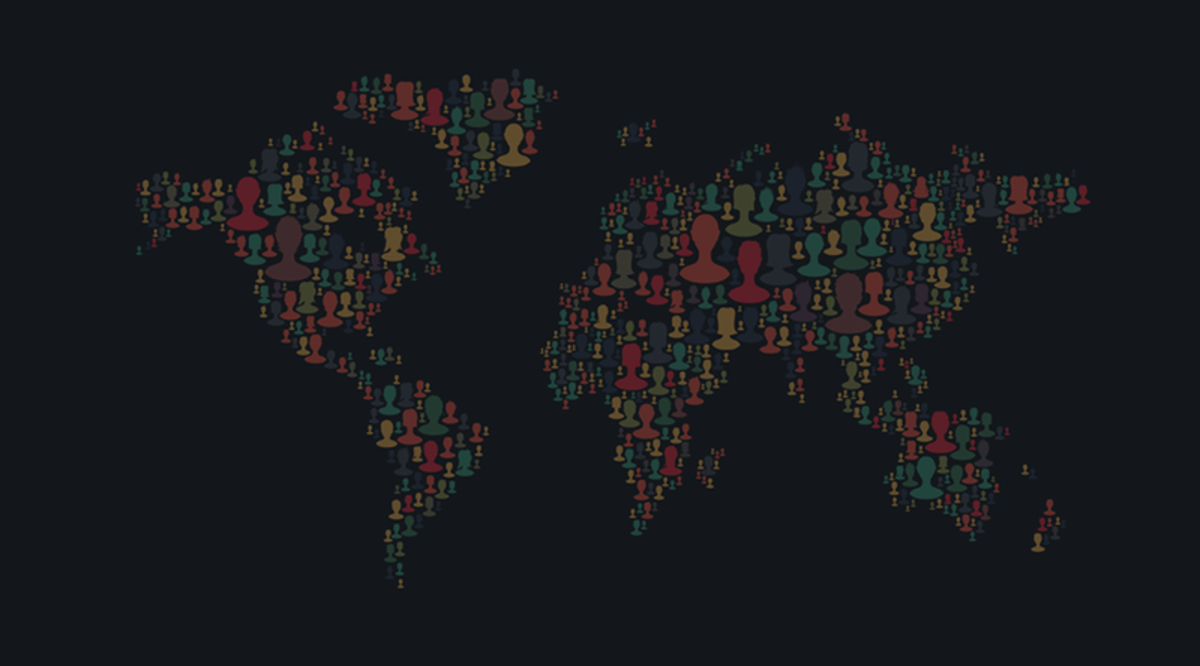
The democratization of technology is vital to economic advancement efforts in the developing world. Here, smartphone adoption looms as a key driver as global citizens seek to better connect with the world around them.
According to the online data-gathering site Statistica, more than 25 percent of the global population uses a smartphone, with a third of this demographic projected to own one by 2017. This is up from 21.6 percent in 2014.
Now there’s talk of how smartphones might integrate with blockchain technology to provide fairer access to goods and services for millions of people in emerging markets. Tied to this are efforts to expand the number of people globally who have access to government-issued forms of identity.
A Global Solution
The promising startup Spire seeks to boost equal access through the intersection of mobile phones and blockchain technology. Tied to this project are plans to power a digital currency wallet featuring the Spire token, along with other cryptocurrencies, like Bitcoin. Launching soon, the Spire token will fuel a curated marketplace replete with decentralized applications (DApps), delivering equal access to markets and services.
Spire enters a market where current iterations of digital currency wallets and DApps can struggle to gain traction and can be challenging to use. It aims to solve these problems, fostering fresh opportunities in emerging markets, independent of local infrastructure.
The genesis of this initiative dates back to the fall of 2017, when an exclusive distribution partnership was struck between Spire and the telecom platform provider UpChannel. This collaborative effort will allow Spire to deliver blockchain technology on UpChannel’s white-label app, which has been preinstalled by telecoms in a number of emerging markets in Southwest Asia, Latin America, Africa and India.
New Pathways of Advancement
“Our goal is to create a massive distribution network of digital currency wallets on smartphones that help bring equal access to markets and services to people around the world,” said Charlie Hulcher, head of technology at Spire. “And we’re in a great position to do that, starting with emerging markets.”
Hulcher said that by partnering with telecom carriers in these markets, Spire is able to build a massive network of users who will gain instantaneous access to Spire’s digital currency wallet, curated DApp marketplace and all of the apps that are produced through 3rd party developers.
“Our current network give us access to more than 1.2 million devices in 105 countries and we plan to reach another 20 million devices through 2018,” he said. “In the next few years, we expect to see 3 billion of these wallets [both Spire’s and others] used in emerging markets, giving people their first access to everything the blockchain offers, through an easy-to-use ecosystem that’s fueled by the Spire token.”
Hulcher added that, through Spire, access to the benefits of blockchain technology will be frictionless, noting that when people switch over to a smartphone with Spire’s software, they’ll have access to a crypto wallet that’s preloaded onto the phone.
“It will be a stark contrast to today’s cryptocurrency experience where one typically has to generate and manage keys,” he said. “We’re solving this cumbersome process by stripping those steps out entirely, so people are immediately given equal access.”
Spire will be holding a token campaign in or around late-March 2018. Hulcher believes that the outcome of this will enable the company to improve people’s lives in emerging markets. “We can’t wait to share our blockchain product with millions of people around the world,” he said. “We truly believe it has the potential to level the playing field for everyone, financially and socially.”










